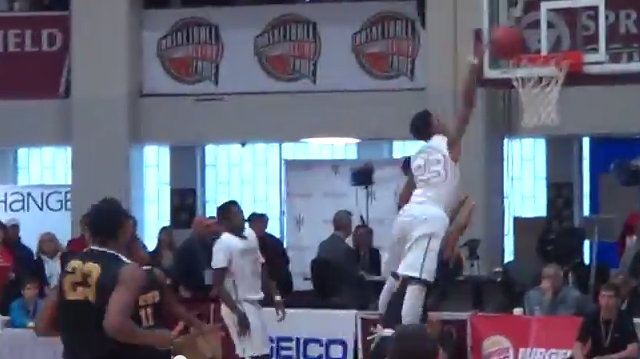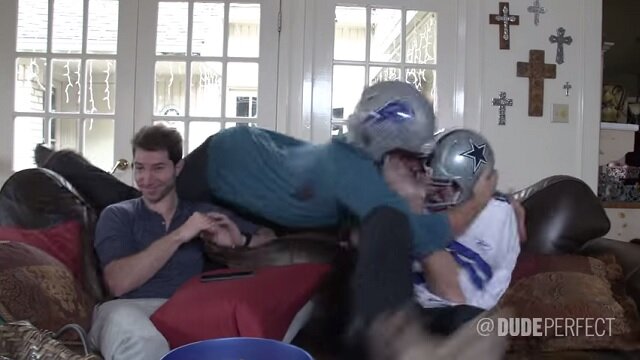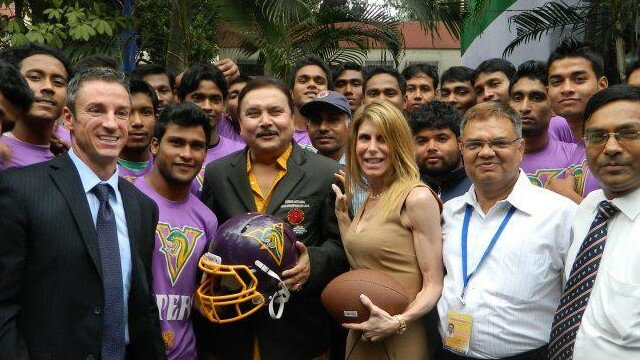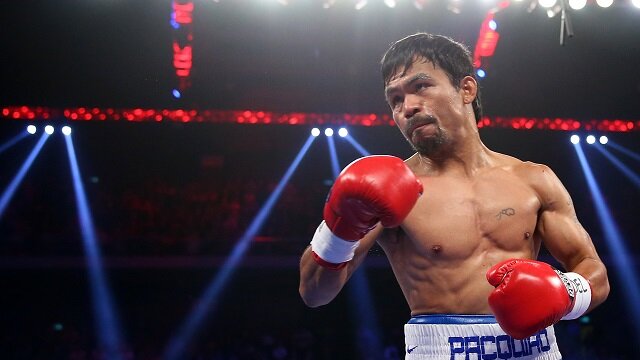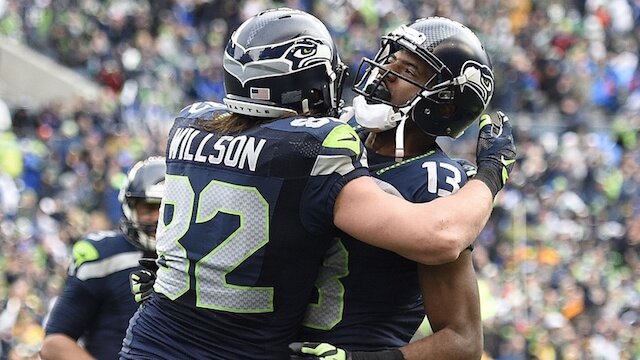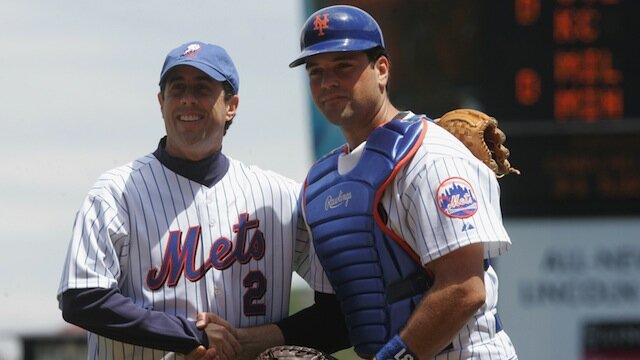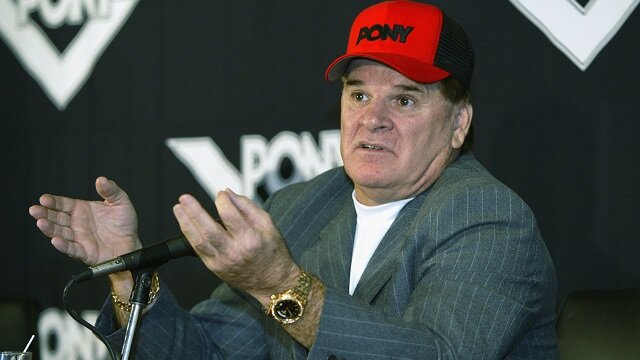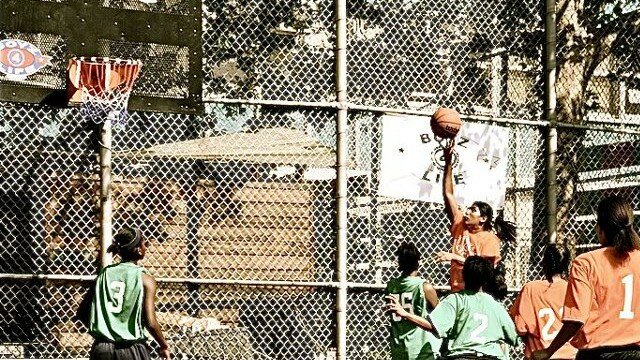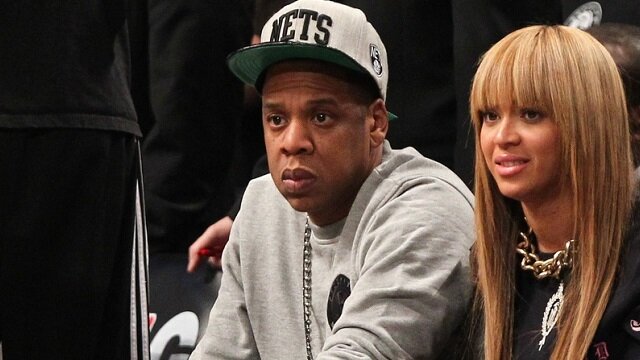What Indian Sports Fans Can Learn from NFL’s Blackout Policy
It’s always an awkward moment when you decide to invite friends over to watch your favorite NFL team play on Sunday only to find out later that week that the game has been blacked out. And if you followed the Tampa Bay Bucs last season, you might as well have flipped a coin to decide whether to host a party. The year before – you were in for a whole lot of awkwardness.
Luckily, on July 1, 2012, NFL owners voted to relax the blackout policy that had more or less been in effect since the 1970s. The new NFL policy allows teams to set their own attendance thresholds in order to avoid blackouts, as long as that threshold is 85 percent or higher. In order to encourage teams to set high thresholds, the policy also stipulates that teams share an increased percentage of the ticket revenue above the threshold to the away team in the game. For example, let’s assume that the Raiders set their threshold at 85 percent for the season (as long as they sell out 85% of non-premium seats by Thursday of a given week, the game can be broadcast on local TV) but sell out the stadium when Drew Brees and the Saints come to town. Under the new rule, the Raiders would have to give a larger percent of ticket revenue earned above that 85% mark to the Saints. The NFL hopes this stipulation will keep teams honest when setting attendance thresholds.
While the recent NFL ruling is a step in the right direction and one that should decrease already infrequent blackouts, the league has further complicated an issue that has a pretty clear solution. The NFL should completely eliminate blackouts, not only because empirical and qualitative data suggest that blackouts have no impact on attendance, but also because blackouts may actually be hurting the fight to put more fans in seats.
The NFL originally came up with blackouts in order to motivate fans to attend games instead of watching from home. While this strategy may have worked before, it’s clear that it has at best done nothing over the past 5 years. Several news sources recently reported that the NFL has seen declines in attendance every year since 2007; it’s no surprise given that a variety of streaming and DVR options have become incredibly popular during that same time period, allowing fans to enjoy the game from the comfort of their homes. Thus, if a game gets blacked out in today’s digital world, a typical Internet-savvy fan has a myriad of both illegal and legal options to view the game over the Internet, rendering blackouts useless. And the futility of blackouts is both well documented and based in research. A group of sports economists wrote a detailed letter to the FCC advising it to strike down NFL blackouts. In the analysis, the writers noted that they were unable to find any evidence linking blackouts to improved attendance in the NFL. It is clear then that the logic behind blackouts is both outdated and not based in data which should influence the NFL to eliminate the policy.
The NFL’s blackout policy is not only ineffectual but counterproductive because of something I call the fan spectrum (yes, I made it up). The fan spectrum covers the different kinds of fans of a given team. On one end, you have fans that only watch their team in the Super Bowl. On the other, you have this guy. This guy is valuable to a team as a fan because he buys merchandise, tweets about the team and attends games. Usually, intense fans don’t need a blackout as a reason to be in the stands watching their favorite teams. And fans on the other side of the spectrum don’t care enough to spend $150 to attend a game when it can’t be viewed on TV. In fact, the way that fans progress along the fan spectrum is by following a team for a long time and getting invested in the franchise, and that can’t happen if half of the home games are blacked out! Therefore, the NFL’s blackout policy has created a lose-lose situation because it doesn’t affect the most devout fan’s decision to attend a game but prevents the conversion of less intense fans into more intense ones by taking away the main way to get invested: watching a great game on TV. Plus, given the diversity of entertainment options available to a person today, any team is doing itself a disservice by turning away willing viewers who likely have many other ways to fill up a Sunday afternoon. By eliminating blackouts, the NFL can strengthen its brand while also allowing Tampa Bay fans to throw game viewing parties without any hesitation.
Rohit Ghosh is a Senior Writer for www.Rantsports.com. Follow him on Twitter @RohitGhosh. “Like” him on Facebook or add him to your network on Google.
Paulina Gretzky: Top 20 Hot Photos From Instagram
Here's a look at the top 20 hot photos of new mom and Instagram queen, Paulina Gretzky. Read More
Pacquiao Trolls Mayweather On Twitter
Manny Pacquiao is so confident he can defeat Floyd Mayweather Jr. in the ring that he has started to troll him on Twitter. Read More
LRP: Mainstream Sports Media and Gambling
A look at the partnership between media and gambling, brought to you by Locker Room Picks. Read More
Hot Photos of Irina Shayk, Ex-GF of Ronaldo
With Irina Shayk back on the market after breaking up with Cristiano Ronaldo, here are 20 hot photos of the model to let the soccer player know what he'll be missing. Read More
Lindsey Vonn: 15 Hot Photos of Ski Racer
In honor of her making World Cup history, here's a look at 15 hot photos of ski racer Lindsey Vonn. Read More
LRP: Super Bowl Thoughts, Opening Line
Taking a look at the upcoming matchup in the Super Bowl and the opening line, brought to you by Locker Room Picks. Read More
20 Celebrity Seahawks and Patriots Fans
In honor of Super Bowl XLIX, here's a look at 20 celebrity fans of the Seattle Seahawks and New England Patriots. Read More
Seinfeld Sports References
Who doesn't love Seinfeld? In fact, it's one of the top sitcoms in India as well. Here are some sports references from the show. Read More
List of Indian Female Athletes
The following list is comprised of female Indian athletes who have either won championships, titles or medals, or set a record in their respective event. Read More
Rose's Ruin
Despite giving his life for the sport, Pete Rose is remembered for one mistake. Indian sports fans will find Rose's story to represent the struggle all athletes at one point or another deal with. Read More
Benji's Lessons
Sports fans and young athletes in India can learn a great deal about the harsh realities of life through Benji's story. Read More
Impact of Jay-Z
Fans in India may know Jay Z, but cannot comprehend the impact he has on the sports world internationally. Read More
